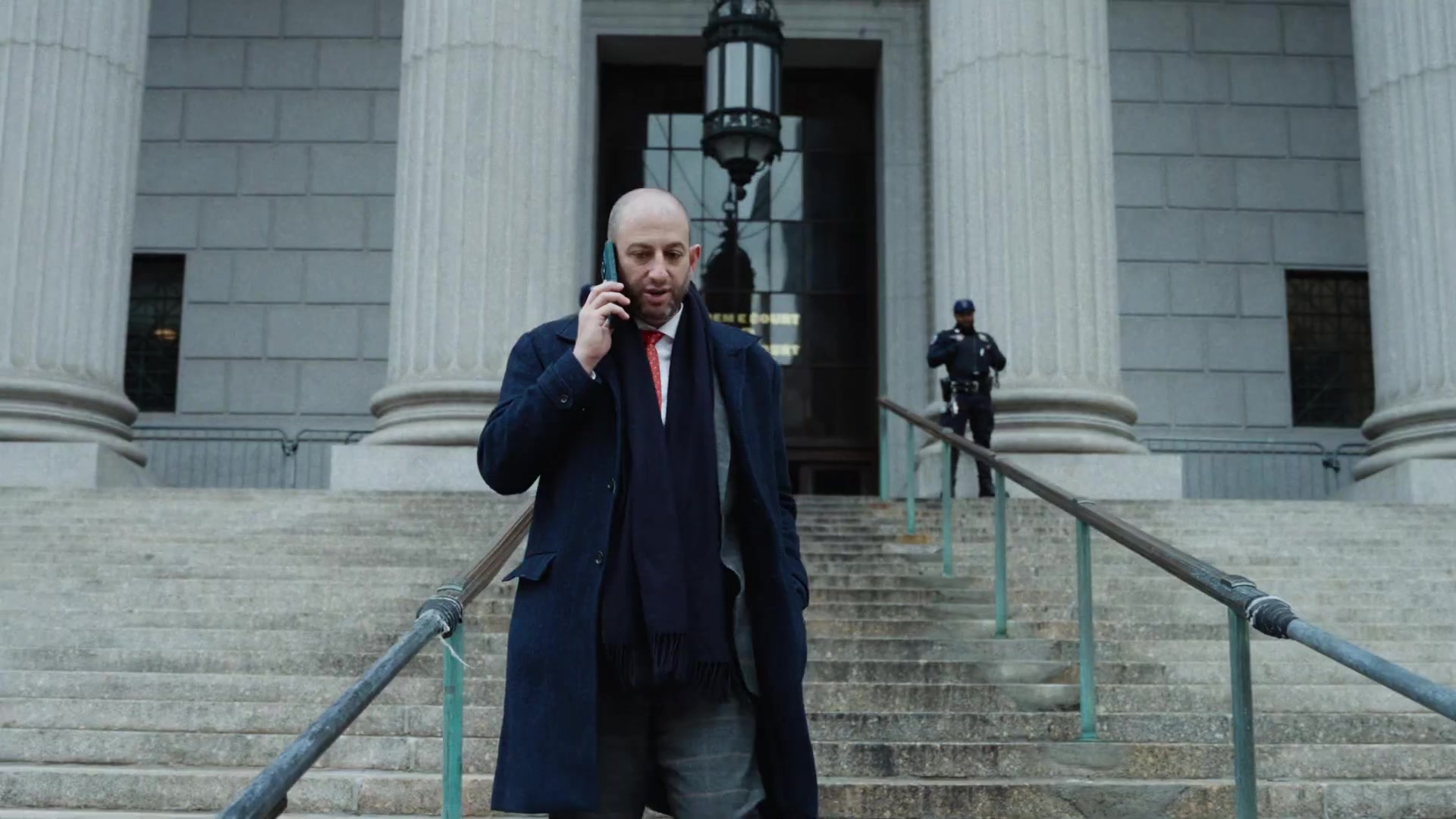How Does Cooperating With The Federal Government Work?
Many individuals who are facing criminal charges are willing to provide information for authorities in exchange for a case dismissal or lighter sentence. This action is possible in the federal court system just as in a state system, but the method in which cooperation is handled is significantly different. State officials are often more willing to agree to a charge dismissal than federal officials because crimes tend to be much more serious at the federal level. Regardless of degree of involvement, federal cases are usually very detailed and law enforcement officers are more diligent and comprehensive when investigating criminal activity. Even knowledge of a crime can justify a conviction in a complicity charge in some situations. However, cooperating with the government is more common than many defendants realize, and it can often help a federal criminal defense attorney negotiate a feasible plea bargain with the U.S. attorney.Providing Critical Information
One method of cooperating with the government is merely providing information that investigation officers will use to build the case against an entire ring of criminal actors. This process can be done before even negotiating the case in any manner, but it is important to not say anything that would be self-incriminating. Law enforcement officers mean it when they say everything you say can be held against you. This is the most desirable involvement with authorities when attempting to avoid a criminal conviction because it is relatively more safe than being involved physically in an investigation. It is important to note than this is a very risky undertaking for those caught in the middle of serious criminal activity and should not be taken lightly.Working with Police
15,000+
Federal Cases Filed Annually
90%
Plea Before Trial
Case Dismissals are Not Common
Cases where prosecutors are willing to totally dismiss charges against an informant are rare in federal cases. More often than not the prosecutor will want a guilty plea before agreeing to using the defendant in an investigation or have them testify in a full trial in an effort to solidify another prosecution. The consideration for cooperation will typically be applied in the sentencing phase or can be used as evidence in a trial when the defendant's legal counsel thinks they can win an acquittal. This case outcome is not as common as many defendants think, and information regarding involvement in the criminal investigation can still be part of the official record unless defendant legal representatives have the connection records expunged when possible.Sentencing
The final phase of a criminal case is sentencing following conviction, which is normally where cooperation is evaluated and applied to the case disposition. Probation is a regular result of cooperating with the government when a guilty plea has been entered and accepted, but it is not guaranteed because the judge still has official input. Reduced or suspended sentences are also rare at the federal level unless the charge is also reduced because federal sentencing guidelines are very strict. It is actually important to have a written agreement between the defendant and U.S. attorney beforehand whenever possible.Frequently Asked Questions
No. You have the right to remain silent and the right to an attorney. Invoke both rights immediately and contact Spodek Law Group.
Every case is different. We offer free initial consultations to evaluate your case and discuss our fee structure.
An arraignment is your first court appearance where charges are formally read. You enter a plea and bail may be set. Having an attorney present is critical.








